Policy to bring medical benefit to rural poor
By Zhao Xu ( China Daily ) Updated: 2013-11-28 09:41:00Lessons from overseas
"For them - and by extension the entire rural population - the only way to offer any real help is to greatly improve the quality of local healthcare services, large parts of which are in a shocking condition at the moment," he said. "In this respect, we could learn from some of the most-developed countries," said Liu.
Wang, who gained a doctorate in ophthalmology in the United States, echoed that view. "In the US, residents of rural villages seldom travel to big cities for medical treatment because they can always reach a decent doctor within an hour's drive," he said. "In China, the rural clinics and hospitals have an extremely long way to go before they can be as effective and earn public trust."
The government has a decisive role to play, according to Liu. "The grassroots hospitals are bad for reasons we all know about: There are very few good doctors in them and for decades, we've carried out a policy that elevates city doctors while leaving their rural counterparts out in the cold. Rural doctors are badly paid, have few good teachers and zero opportunity to go abroad to pursue their academic interests. In a word, they have nothing."
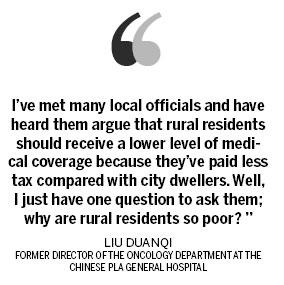
Compounding the issue is the system by which all doctors in China are assessed against the same set of benchmarks, which heavily favor physicians in first-class city hospitals. "One important index the evaluators look for is the number of research papers a doctor has published in leading international journals. But, in reality, a great country doctor is one who's capable of handling localized illnesses quickly and effectively and knows how to prevent a disease that might turn into an epidemic."
For Liu, the insistence on research papers and publication is partly rooted in the urban-rural divide. "I've met many local officials and have heard them argue that rural residents should receive a lower level of medical coverage because they've paid less tax compared with city dwellers. Well, I just have one question to ask them; why are rural residents so poor?" he asked. "During the past few decades, despite changes in the political wind, the farmers always seem to have been on the losing side. It's time we gave something back to the people whose hard work has fed the entire nation."
But whatever happens in the future, it won't benefit people like Chen, struggling with the system right now. Looking back over his eight-year association with Chen, Liu said:- "The first time she came to me, she had postponed her treatment - the illness was at a critical stage and she had no money. The last time she came, a week or so ago, she knew the cancer was in full swing, but I was told that she left without even having a ultrasound scan; she's penniless and didn't want to ask us for another favor. To see a patient, a mother, give up twice has been a traumatic experience. I sometimes ask myself: what if she were able to live for another eight years?"
Contact the writer at zhaoxu@chinadaily.com.cn
|
|
|
|
|
|
|
|
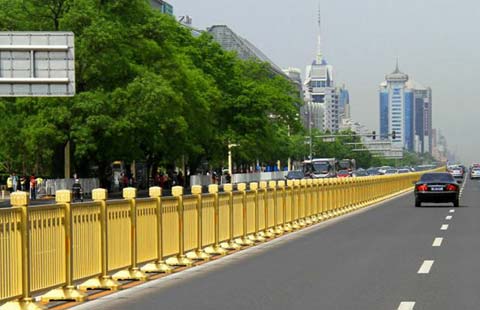
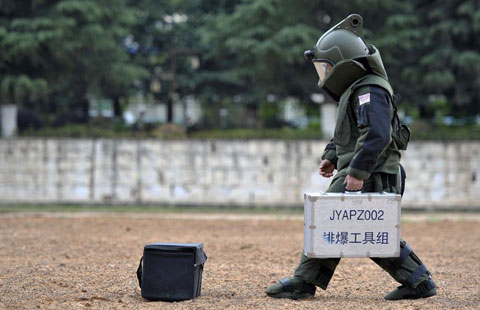
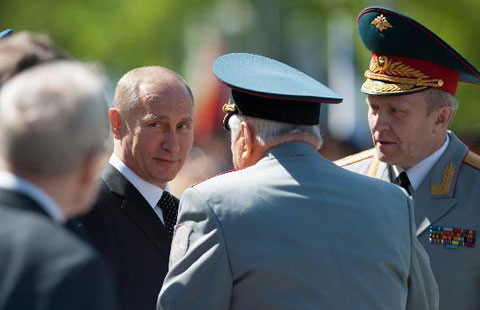
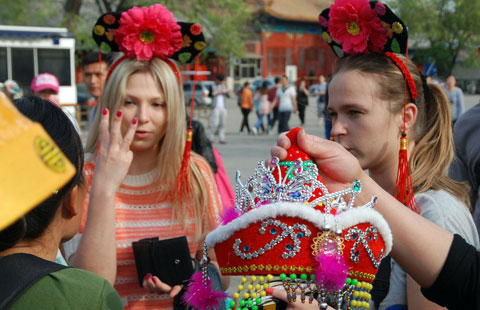

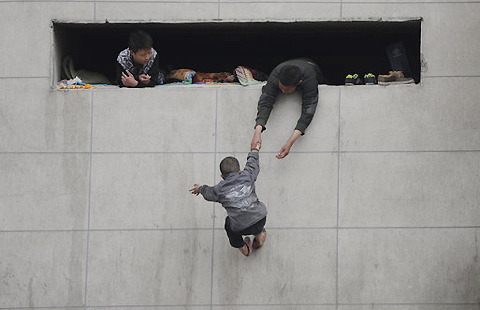



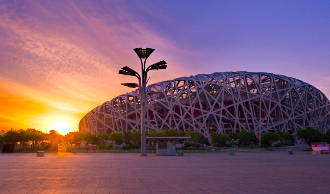
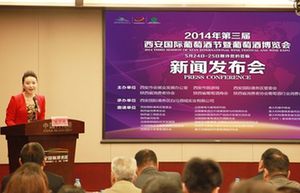







 Op Rana
Op Rana Berlin Fang
Berlin Fang Zhu Yuan
Zhu Yuan Huang Xiangyang
Huang Xiangyang Chen Weihua
Chen Weihua Liu Shinan
Liu Shinan